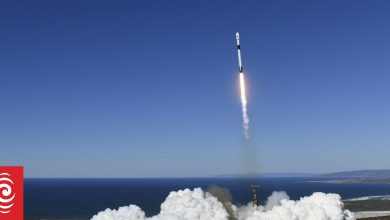Future of disputed land at Ihumātao still undecided as government meets with committee
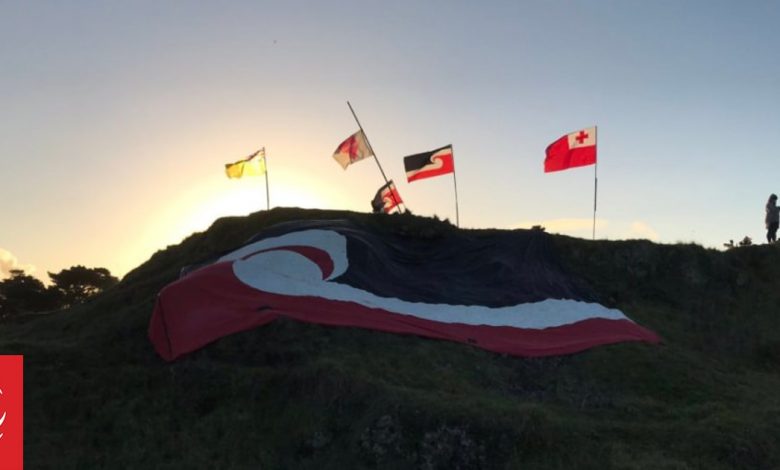
By Sam Smith of
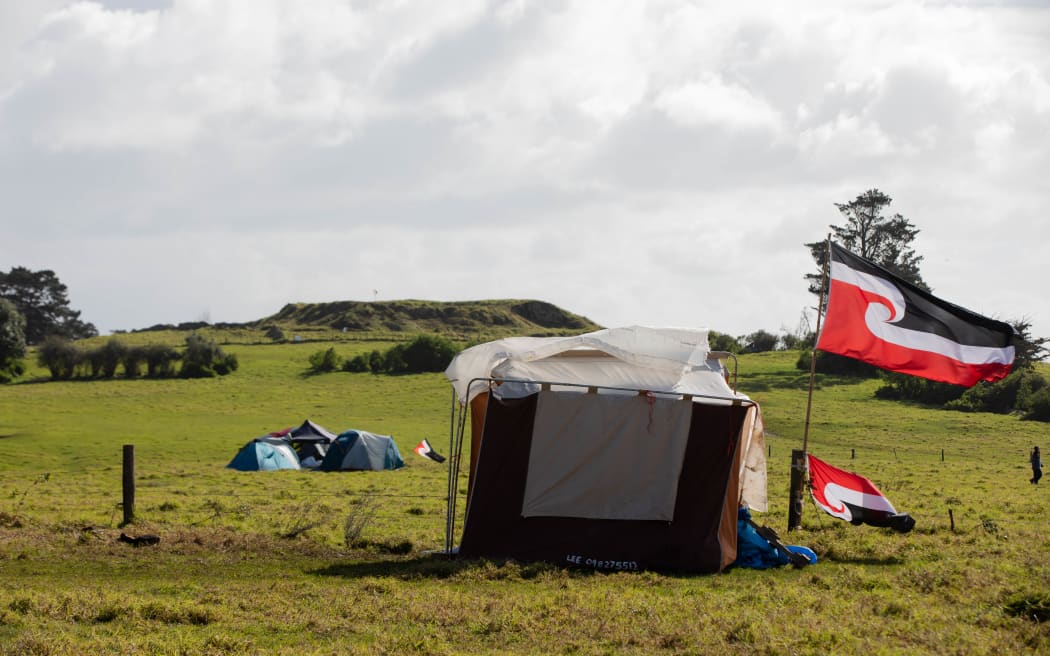
The coalition government has met with the Ihumātao steering committee for the first time as discussions on the future of the disputed land in Auckland continue.
Minister for Māori Development Tama Potaka confirmed to Stuff that he met with te rōpu whakahaere (the steering committee) on 10 May.
In a statement, Potaka said he met with the steering group at their invitation and had a “good robust kōrero with a focus on determining the future”.
He added he “agreed to meet with the members again to progress our discussions”.
It was the first time Potaka had been updated on the latest from the steering committee, which has been in ongoing discussions around what to do with the disputed land, purchased by the Labour Government from Fletcher Building in 2020 for $29.9 million.
The money to buy the land came from the government’s land for housing programme which works with iwi and developers to develop social housing.
Te rōpu whakahaere was set up by the Kīngitanga to decide an outcome on the future of the land and come up with a development plan. It has five years to do this.
The committee was made up of two Crown representatives, a representative from the Kīngitanga, and three representing ahi kā groups, one each for Te Ahiwaru, Te Kawerau ā Maki and Te Ākitai Waiohua.
When asked about what has been discussed so far, a spokesperson said there was “nothing to update” and the preference was not to talk to the media until there was something of “substance” to talk about.
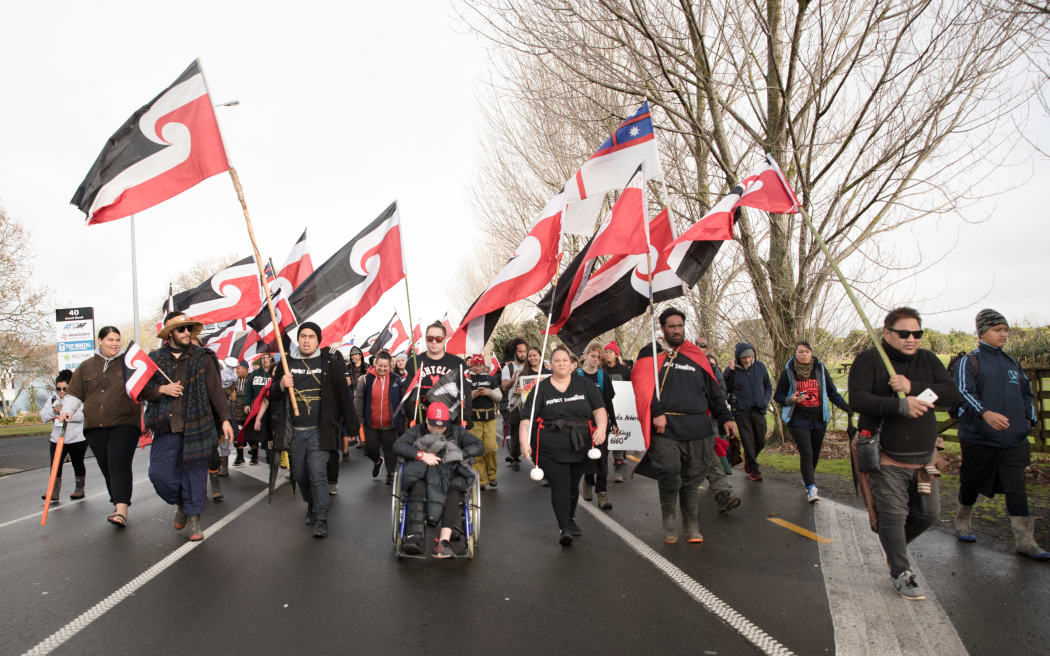
While in opposition, Potaka was vocal in his desire to see things move quickly and for there to be more action from the committee in terms of deciding on the land’s future. At one point he described the committee and then government as “all hui, no action”.
This led to a war of words with the then Māori development minister Willie Jackson who attempted to distance the government from the steering committee discussions saying it made its own decisions.
“Part of mana motuhake by Māori, for Māori is leaving Māori to work things out and Tama needs to learn that,” Jackson said at the time.
The meeting between Potaka and the committee comes during a year of significant anniversaries for Ihumātao and the quest by local iwi to save the land from a housing development.
2024 was the tenth anniversary of the land being rezoned as a Special Housing Area in 2014, a move which eventually kicked off years of protest action.
It was also the fifth year since significant public protest and occupation took place in 2019. This saw police issue eviction notices to some occupiers, while five people were arrested after some intense standoffs with police.
The land at Ihumātao has a troubled history after it was first confiscated by the Crown in 1863 during the invasion of Waikato.
The land had been occupied by Waikato-Tainui, Ngāti Whātua and groups connected to Waikato-Tainui, including Ngāti Tamaoho, Te Ahiwaru, Ngāti Tai Tāmaki, Ngāti Te Ata, Te Ākitai Waiohua, and Te Kawerau ā Maki.
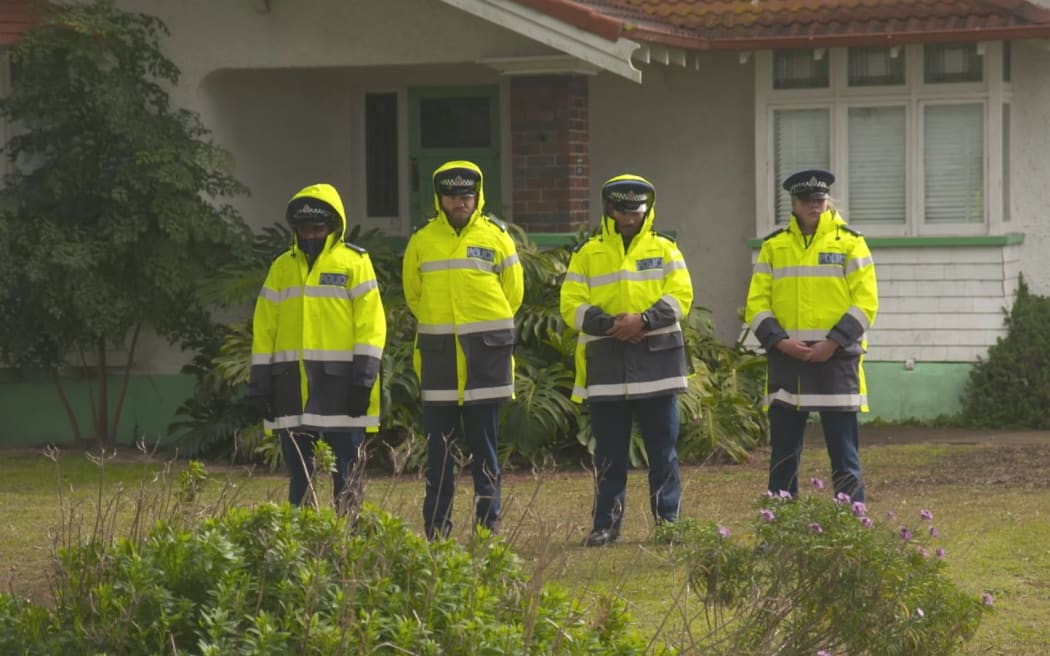
Local iwi were forced off the land and It subsequently went into private ownership for around 150 years before 32 hectares were designated as an SHA by Auckland Council.
It was during this time that the land was sold to Fletcher Building, which wanted to build more than 400 houses, despite the land being an archaeological site of historic importance to Māori.
This kicked off protest action against the development and eventually the formation of the group, Save Our Unique Landscape, who began occupying the site in 2016.
SOUL even appealed to the United Nations in 2017 about the status of the land, with the UN recommending that the designation of Ihumātao as an SHA be reviewed by the Government to “evaluate its conformity with the Treaty of Waitangi”.
After months of protest and heightened political attention in 2019, both the Labour Government and Kīngitanga intervened and a deal was reached with Fletcher Building to buy back the land with the proposal that some of it be used for housing purposes.
The government has since left it up to the steering committee to decide the land’s future.
– This story was first published by Stuff
According to the news on Radio New Zealand



